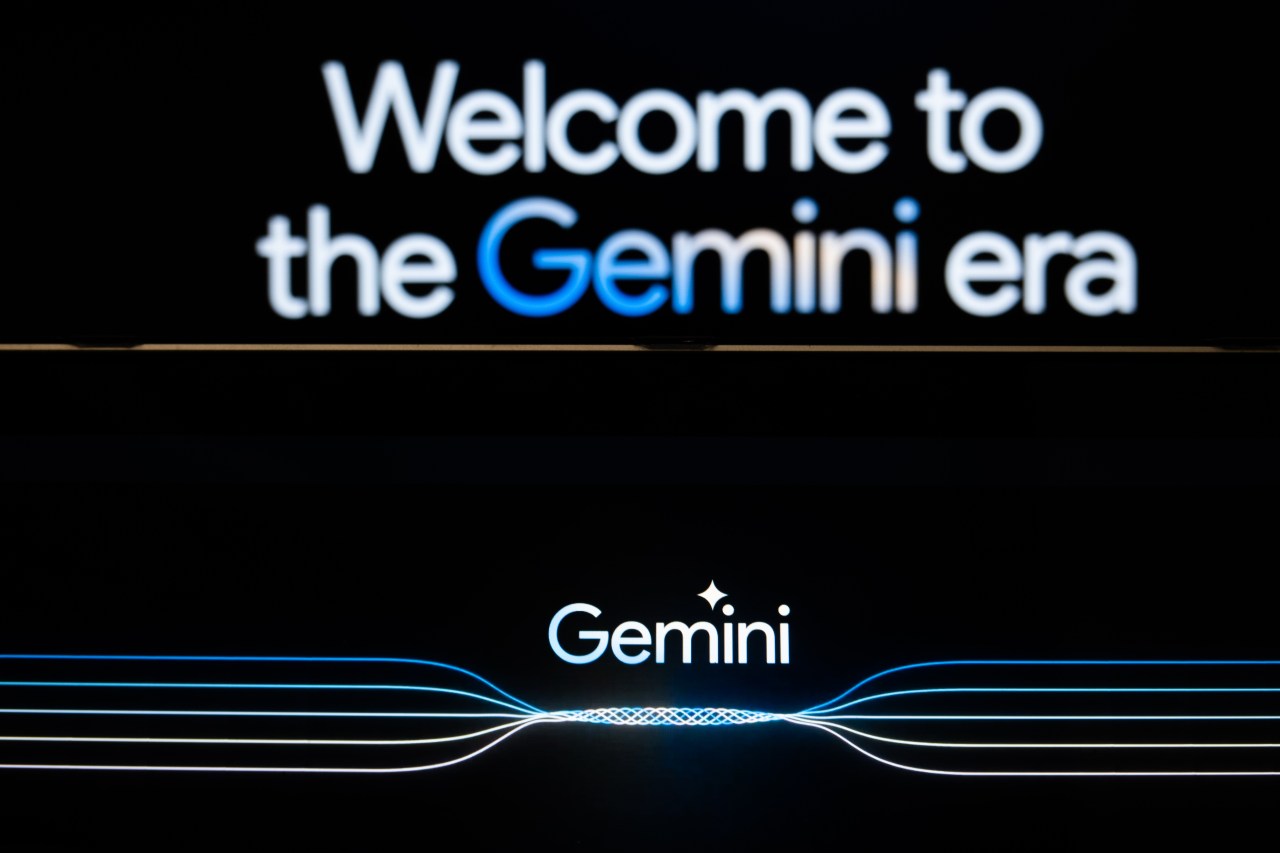As artificial intelligence continues to evolve, industry giants like Google compete fiercely to establish their models as cutting-edge tools for data analysis and generation. With the recent launch of its Gemini 1.5 series, Google made bold claims about the model’s extensive data-analyzing aptitude, hinting at the ability to navigate through vast datasets as if it were child’s play. However, emerging research provides a different perspective, revealing that the famed “long context” capabilities may not be as revolutionary as marketed. This blog post delves into the findings of recent studies that challenge Google’s claims, offering insights for developers, businesses, and anyone interested in the future of AI technologies.
Understanding the Context Window
At the heart of Google’s pitch for Gemini is its impressive context window, which can process around 2 million tokens – a feat not seen in previous models. To put this into perspective, this amount translates to over 1.4 million words, or 22 hours of content. While this technical achievement undoubtedly sounds impressive, the real question is: does this capability translate into enhanced understanding and reasoning?
Crumbling Under Pressure: The Findings from Recent Studies
Two separate studies have scrutinized the prowess of Gemini 1.5 Pro and 1.5 Flash, particularly in handling long-text data. The result? A concerning performance rate of around 40%-50% for accurate responses when faced with complex datasets. As Marzena Karpinska, a postdoc at UMass Amherst, notes, “while models like Gemini 1.5 Pro can technically process long contexts, we have seen many cases indicating that the models don’t actually ‘understand’ the content.” This raises red flags regarding the reliability of the data outputs generated by such AI models.
- Testing against Fiction: One study gauged the models’ accuracy using complex true-false statements drawn from lengthy fiction novels. Gemini 1.5 Pro only achieved a 46.7% accuracy rate, while its sibling, Flash, fell short at 20%. Rather than demonstrating mastery over lengthy narratives, Gemini’s performance was comparable to random guessing.
- Video Reasoning Challenges: Another study focused on Gemini 1.5 Flash’s video analysis capabilities, examining its abilities to transcribe numbers from short sequences of images. The model struggled significantly, garnering only a 50% transcription accuracy rate, which dropped further with added complexity.
The Question of Marketing vs. Reality
The dichotomy between Google’s marketing and these studies suggests that excessive optimism has clouded the understanding of what these AI systems can realistically achieve. Karpinska argues, “We haven’t settled on a way to really show that ‘reasoning’ or ‘understanding’ over long documents is taking place.” This raises crucial questions about how AI vendors communicate their products and the benchmarks used to assess performance.
Implications for the AI Community
The implications of these revelations extend beyond Google’s Gemini. As generative AI faces increased scrutiny from businesses and investors, it underscores the importance of grounding AI claims in verifiable performance data. It is vital for developers and organizations to foster an environment of transparency and to demand robust evaluations of claims made by AI providers.
Conclusion: A Call for Grounded Expectations
As the market becomes increasingly crowded with AI offerings, caution is warranted when interpreting the capabilities of models like Gemini 1.5 Pro and 1.5 Flash. Tech companies must prioritize accountability in the development and marketing of their technologies, moving beyond empty promises. For stakeholders, the focus should shift toward leveraging AI responsibly and ensuring that robust evaluations are conducted to validate performance claims. At fxis.ai, we believe that such advancements are crucial for the future of AI, as they enable more comprehensive and effective solutions. Our team is continually exploring new methodologies to push the envelope in artificial intelligence, ensuring that our clients benefit from the latest technological innovations.
For more insights, updates, or to collaborate on AI development projects, stay connected with fxis.ai.

